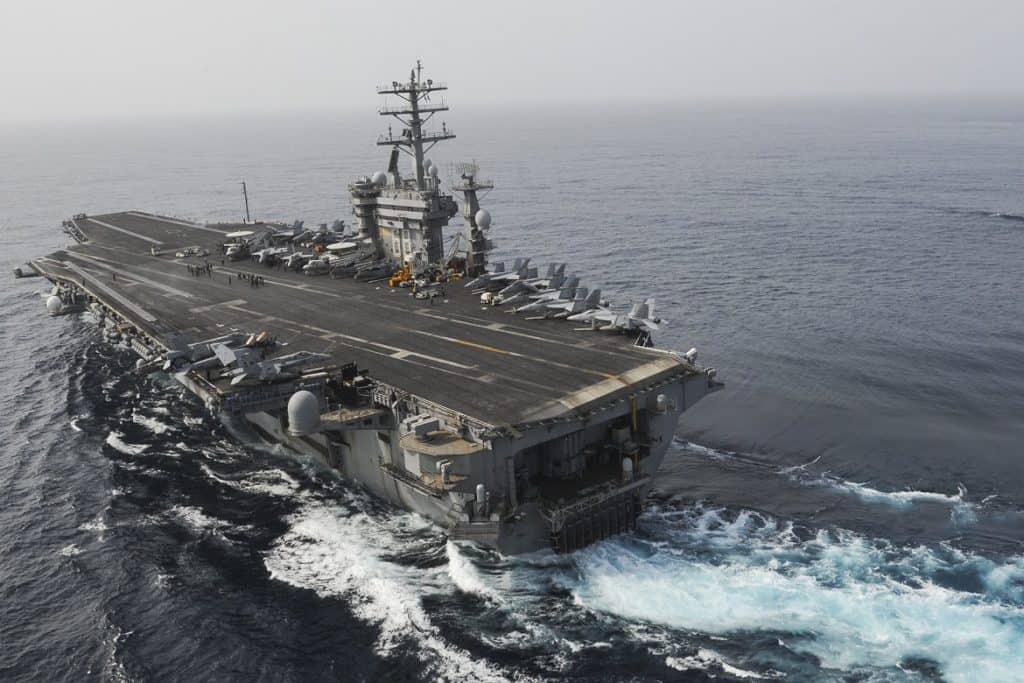By Denis Korkodinov
The diplomatic procedures aimed to leave the Iranian nuclear deal unchanged and to level the conflict between US and Iran allowed only to take a time out in the policy of mutual threats.
However, because of the tanker provocations in the Ottoman Gulf, the responsibility for which the US places on Iran, the parties again turned against each other. Even if it is assumed that neither the White House administration, nor the Ayatollah regime dares to launch full-scale hostilities, tensions between countries in one way or another entail long-term damage to regional stability.
The decision of Donald Trump to abandon the nuclear agreement with Tehran is likely to have, as a consequence, the development of nuclear weapons by Iran in the near future. Meanwhile, Washington still proceeds from the opinion that the increase in pressure may lead to the transformation of Tehran into a “nuclear-free” state.
Such an opinion turned out to be erroneous, since Iran would under no circumstances give up on its nuclear plans. According to analysts, as early as the end of June 2019, the reserves of highly enriched uranium in Iran could exceed the allowable values, which could great problems for the United States.
The Europeans were also in a difficult position, because, despite the US sanctions, they are in dire need of Iranian oil. In this regard, Europe through the financial mechanism “Instex” will be able to maintain relations with Tehran. But this is unlikely to have significant economic benefits, since the Ayatollah regime is much more important to develop its own nuclear program, while economic cooperation with European and Asian countries is secondary .
Heiko Maas, the head of the German foreign affairs ministry, was forced to admit this state of affairs. He immediately after his visit to Iran noted that in relations with Tehran, Europe “cannot work miracles.”
Much stronger is the pressure from US, more in Iran the uncompromising position prevails. And it is possible that under the new administration of the White House after 2020, in the event of a resumption of the US-Iranian negotiation process, the Ayatollah regime will be limited to only one requirement to preserve the nuclear deal.
Tehran’s appetites are increasing exponentially, which is quite natural in these conditions: Iran is locked in a corner, which means that it has nothing to lose. In turn, the increase in the tension between Iran and US countries could have serious consequences on the regional stability, affecting, moreover, the policies of Iraq, Syria, and Yemen, where the military-political situation is most critical.
The United States, of course, can fill the deficit of Iranian oil at the expense of Saudi Arabia. However, the increased pressure on Tehran could provoke a sharp rise in world prices for “black gold”, which will provoke a mass discontent of the end consumers and, above all, of ordinary Americans. And then Washington risks to face a new wave of social unrest caused by economic reasons.
Anyway, the ongoing conflict can lead to the fact that among the allies of Washington will increase discontent, as they are forced to face an energy crisis. As a result, the number of states striving to maintain an alliance with the US could decrease in the world, while opponents of the current White House administration could grow.
(The opinions expressed in this article are solely those of the author and do not necessarily reflect the views of World Geostrategic Insights).







